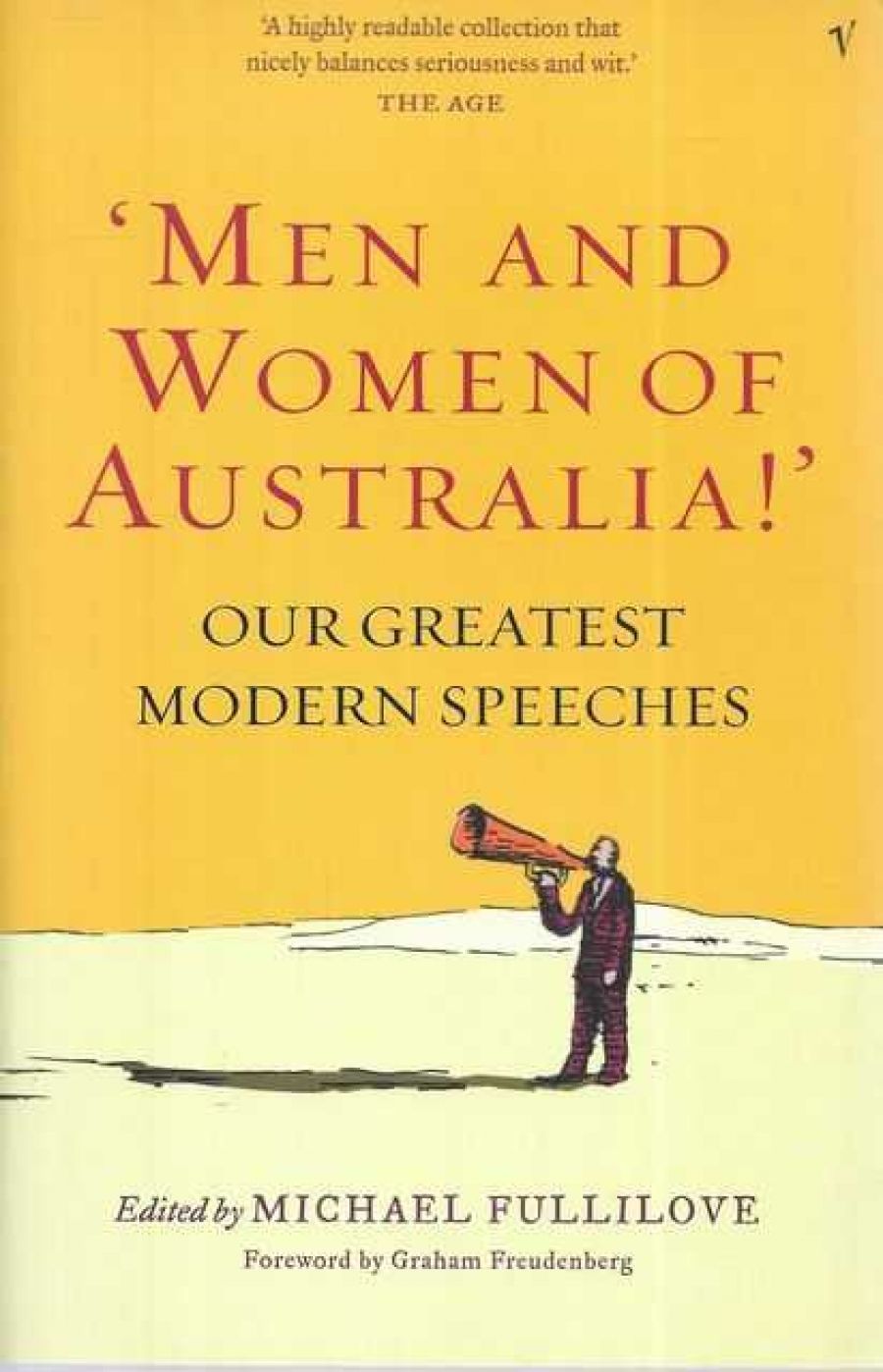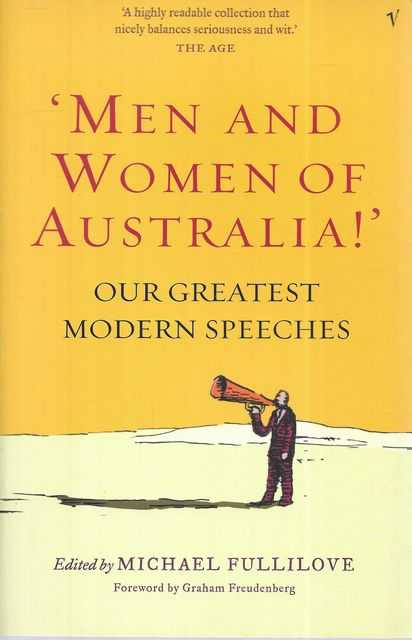
- Free Article: No
- Contents Category: Australian History
- Review Article: Yes
- Article Title: Smelling the same eucalypt
- Online Only: No
- Custom Highlight Text:
There was no chaplain aboard the troopship Transylvania as it travelled across the Mediterranean Sea for France in 1916, so the sermon was left to Frank Bethune, a Tasmanian clergyman and private soldier. Bethune rose on the promenade deck and informed the soldiers that, god-fearing or not, they were righting a great wrong and were not heroes, but men. ‘What else do we wish except to go straight forward at the enemy?’ he asked. ‘With our dear ones far behind us and God above us, and our friends on each side of us and only the enemy in front of us – what more do we wish than that?’ Also aboard the ship was Australia’s official war correspondent, Charles Bean. After describing the effect of Bethune’s sermon on the soldiers, Bean delivered the ultimate praise: ‘[There] were tears in many men’s eyes when he finished – and that does not often happen with Australians … And that was because he had put his finger, just for one moment, straight on to the heart of the nation.’
- Book 1 Title: 'Men And Women of Australia!'
- Book 1 Subtitle: Our greatest modern speeches
- Book 1 Biblio: Vintage, $34.95pb, 316pp, 1740512987
- Book 1 Cover Small (400 x 600):

- Book 1 Cover (800 x 1200):

Substitute ‘audience’ for ‘nation’ in that comment and you have the criterion for any speech that aspires to greatness. As Graham Freudenberg says in his foreword to this collection of some of Australia’s greatest modern speeches: ‘Speeches fill in for the Book of Common Prayer in Australia’s secular life.’
Perhaps refreshingly, the speeches do not demonstrate any overriding rhetorical style or theme that could be extracted as a common thread and labelled as intrinsically Australian. Larrikinism appears, but so do formality, courtesy and sincerity. The range is broad. Andrew Denton’s toast to Allan Border at a testimonial dinner in 1994 had cheek: ‘Truth be told, I don’t just respect AB. I worship the very protector he sweats in. He’s the reason I’m short.’ But others, such as an inaugural speech by the first Aboriginal member of the NSW Parliament, Linda Burney, are serious without being solemn or glum. As the collection’s editor, Michael Fullilove, notes in his introduction, big occasions often produce speeches that are pretentious and overdone. Unlike an essay or an argument in writing, speeches tend to appeal to passion rather than reason. They do not need to be personal or intimate. There is no need for secrets or discoveries, or for the speaker to turn himself or herself into an individual. The aim is often the opposite: to join with the crowd, either by appearing to lead or to follow.
Most of the more than seventy speeches and extracts collected here are by politicians. Paul Keating and Robert Menzies make eight appearances each; Gough Whitlam makes five. John Howard’s two appearances include his speech at the dawn service at Gallipoli in 2000, and his closing speech at the constitutional convention in Canberra in 1998, which reached its climax with the line: ‘Despite our differences, we all smell the same eucalypt, we all know the same dust and we all feel the same salt in the same ocean.’
The speeches have been selected based on their success as speeches rather than on their historical significance. But the collection points to a trail of events that have warranted the sort of speech that puts its finger on the heart of the nation. There were two world wars, the dispatch of troops to Vietnam and East Timor, the attempt to ban the Communist Party, the dismissal of the Whitlam government, debates over the treatment of Aborigines, women, homosexuals and immigrants, visits by Pope John Paul II and Bill Clinton, the bid for a republic, the Bali bombings, the deaths of Don Bradman and Lionel Murphy, and the ongoing debate over the uses and tint of the nation’s history. Other speeches address personal topics and occasions but touch on broader themes. These include a speech by the businessman Frank Lowy on the death of his father at Auschwitz and his experience as a Jewish immigrant in the 1950s, and a tribute by this magazine’s editor, Peter Rose, to his father, Bob Rose, who helped care for his brother, a quadriplegic.
As these examples show, it does not take a national event to produce a great speech. Keating seemed to know this, too. His speech in 1995 at a centenary celebration of the first performance of Waltzing Matilda in the North Gregory Hotel in Winton, Queensland, is perhaps the best in this collection. In it, he attempts to describe how the song is ‘at the centre of our culture – a wellspring of the national sentiment, a pool, a billabong’:
I suspect there is no one here who has not, at some time, somewhere in the world, heard or remembered the tune and felt deeply affected by it. I’m sure it has brought Australians home before they intended, and given others the strength to stay away a bit longer. For a century it has caused Australian hearts to beat faster … I won’t be buying into the historical debate, but I suppose every Australian is entitled to say – even obliged to say – what the song means to him or her.
To Keating’s audience of 10,000 – and still in print today – it does not matter whether this is true. It does not matter whether the song, or any song, could have given such strength to its listeners. This is a speech, not an essay: it only matters that Keating’s words allow us to imagine that it could be so. It was a speech that showed that grand themes remain even without the appeal to an all-embracing god, and that it does not take a battle, a constitutional convention or a parliamentary debate to produce inspiring rhetoric on what it means to be Australian.


Comments powered by CComment